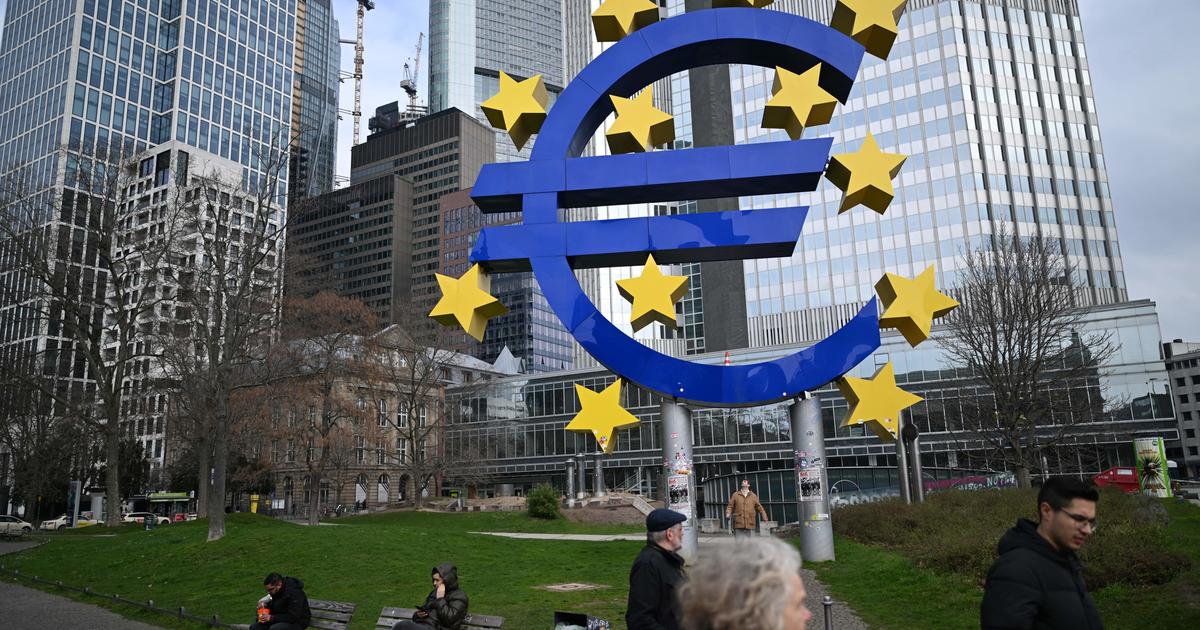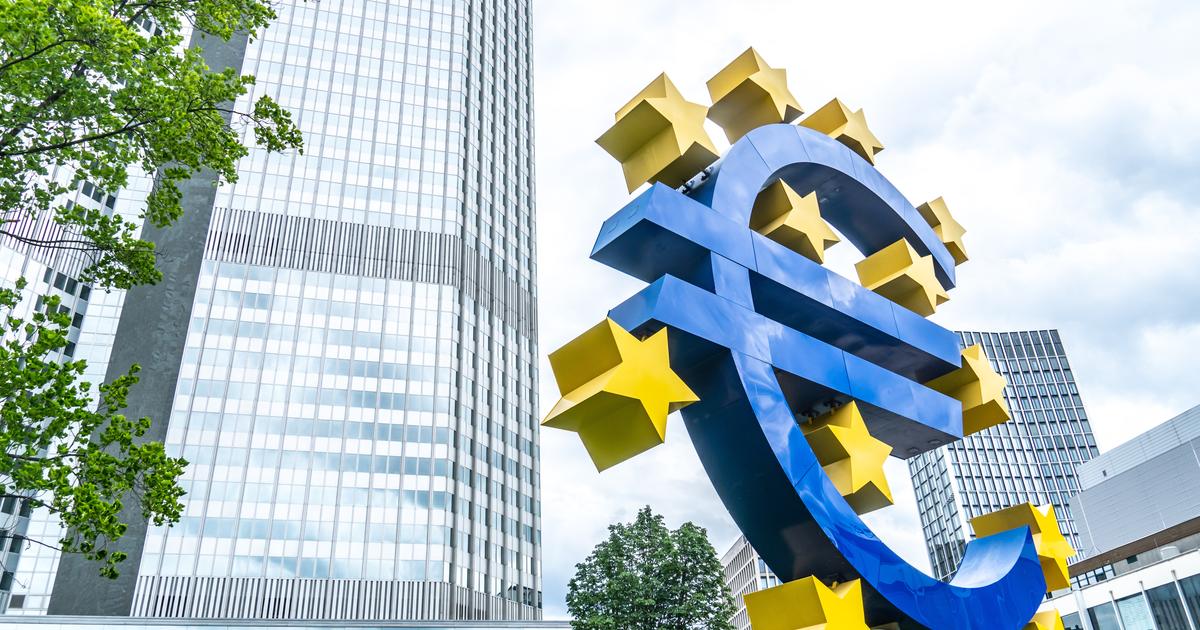Inflation: The ECB needs to step on the brakes instead of just slowing down
Created: 06/05/2022 10:13 am
dr
Jörg Krämer is chief economist at Commerzbank.
© Commerzbank/N.
Bruckmann/M.
Litzka
The European Central Bank reacted too hesitantly to rising inflation.
Now there is a risk of inflation rates well above the target of two percent in the medium term, warns the chief economist at Commerzbank, Dr.
Jörg Krämer in the run-up to the ECB meeting next Thursday in the guest article, and calls on the monetary authorities to take more decisive action.
Berlin – At its meeting on Thursday, the European Central Bank (ECB) is likely to decide not to buy any more bonds from July.
In addition, it will probably hold out the prospect of abolishing negative interest rates by the end of the third quarter.
It thus initiates the turnaround in interest rates.
However, don't expect too much from Thursday's session.
ECB President Christine Lagarde recently said that after the end of the negative interest rate policy, the ECB would raise its key interest rate towards the so-called neutral level, at which the economy in the euro area would neither be boosted nor slowed down.
But even with this moderate statement, Lagarde has reaped opposition - including from her own chief economist Philip Lane, who advocated slower rate hikes and downplayed Lagarde's statement.
voice of economists
Climate change, supply bottlenecks, corona pandemic: Rarely before has interest in the economy been as great as it is now.
This applies to current news, but also to very fundamental questions: How do the billions in corona aid and the debt brake go together?
What can we do about the climate crisis without jeopardizing our competitiveness?
How do we secure our pension?
And how do we generate the prosperity of tomorrow?
In our new series ,
voices of economists
, Germany's leading economists are now providing guest contributions in the form of assessments, insights and study results on the most important economic topics - profound, competent and opinionated.
ECB interest rate: Target far too low
The ECB sees the neutral level to which, according to Lagarde, the key ECB interest rate should rise in the medium term at only 1 to 1.5 percent, which is far too low.
You can see that if you subtract the inflation target of two percent.
This results in an equilibrium real interest rate below zero percent, which contradicts the idea that saving should be rewarded as a reduction in consumption and should not be penalized.
A neutral interest rate of 2.5 percent to 3 percent is more realistic if one orients oneself to the long-term growth prospects of the euro area (zero to one percent) and the inflation target of two percent.
But even a key interest rate of 2.5 to 3 percent is unlikely to be enough to permanently push inflation back to the ECB target.
Because a central bank usually has to go beyond the neutral rate if it has a serious inflation problem.
It's not enough just to take her foot off the gas, she also has to step on the brakes.
The fact that sharp interest rate hikes are necessary is not only shown by the inflation rate, which rose to over eight percent in May and is therefore miles above the ECB's target of two percent.
It is also problematic that consumer prices are also rising sharply beyond energy and food.
So-called core inflation, which excludes these two volatile components, has already risen to 3.8 percent after fluctuating by just 1 percent before the outbreak of Corona.
more on the subject
Climate change: why we need negative emissions
Economy: economy in permanent crisis mode
Threatened delivery stop for Russian gas: no time for ideological reservations
Growing risk of wage-price spiral
Consumer prices should continue to rise across the board.
Because in the upstream production stages in the processing industry, producer prices have recently increased by more than 33 percent, with no signs of a downward turn.
Companies have not yet fully passed on this avalanche of costs to consumers.
In addition, there are already signs of the next increase in costs in wages.
In view of the high inflation, the trade unions have no choice but to demand higher wages.
For the upcoming negotiations, the demands for a term of twelve months are between six and 7.5 percent.
The risk of a wage-price spiral is increasing.
Because the ECB is not combating the pronounced inflation risks with sufficiently high key interest rates, inflation is likely to be well above the target of two percent for years to come.
This is all the more true as the central banks are already struggling with headwinds.
For example, climate policy increases the price of CO2 and thus inflation, and because of the increasing tensions between the West and China, many companies are likely to switch to other, more expensive production locations.
In addition, the proportion of people of working age in the US and Europe is declining, making work scarce and increasing labor costs.
Unfortunately, it looks like inflation is here to stay.
About the author:
Dr.
Jörg Krämer is chief economist at Commerzbank in Frankfurt.









